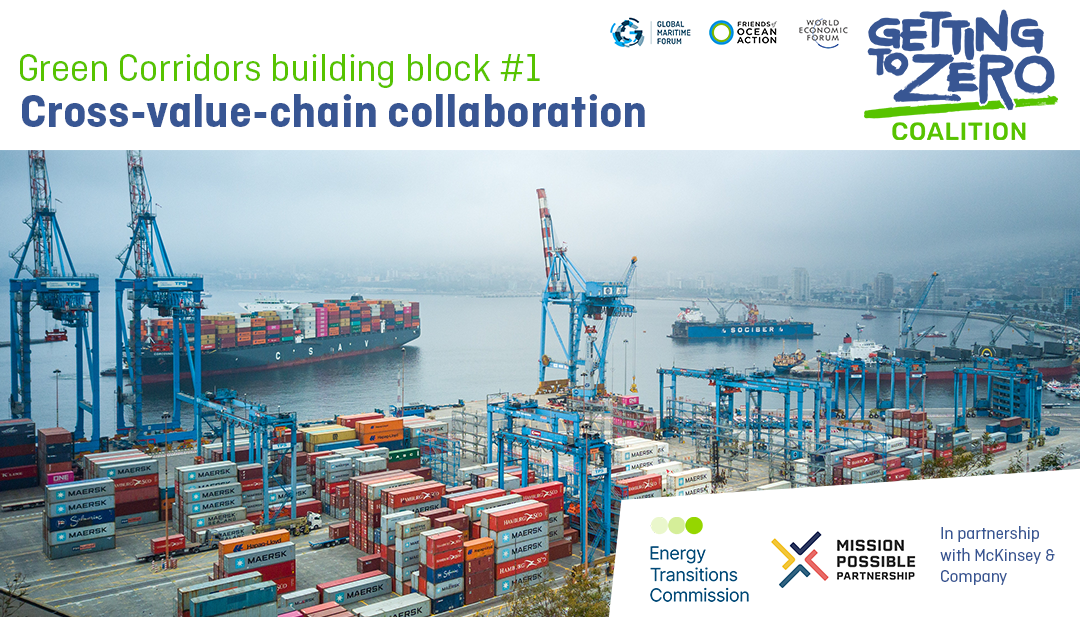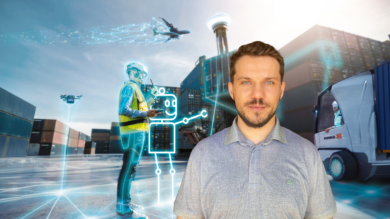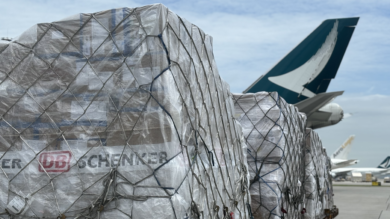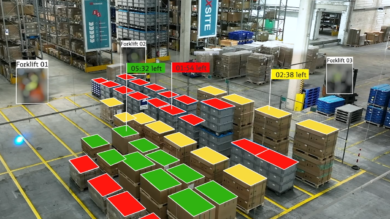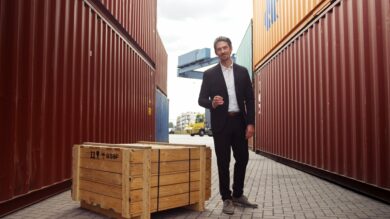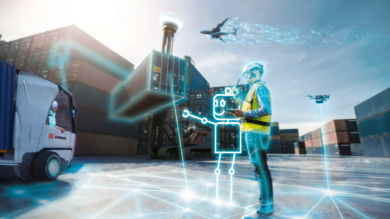How can the logistics industry spearhead zero-emission shipping? This question keeps the industry busy these days as they gather over 200 signatories within the shipping value chain in support of Getting to Zero Coalition. This powerful alliance is established through several companies committed to getting commercially viable deep-sea zero-emission vessels powered by zero-emission fuels. An ambition to act on and meet net-zero targets for 2050. One of the signatories is the logistics provider DB Schenker. After implementing already carbon neutral flights in its Air Freight business, DB Schenker now supports the sustainability ambition in Ocean Freight.
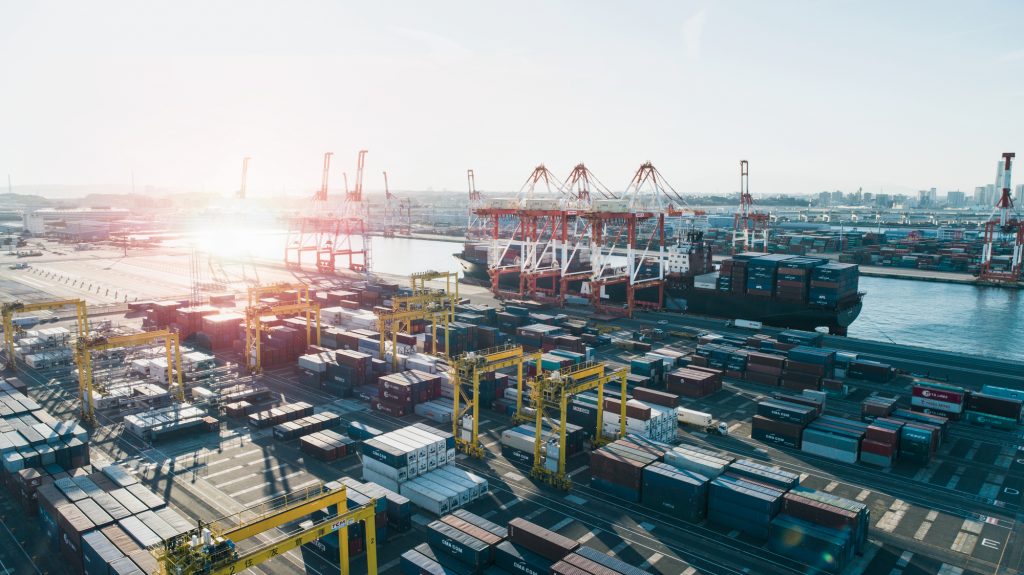
“This is a promising step towards our ambitious target to become carbon neutral by 2040. We want to lead the logistics industry by example as we strive to include our valued customers in this exciting journey.”
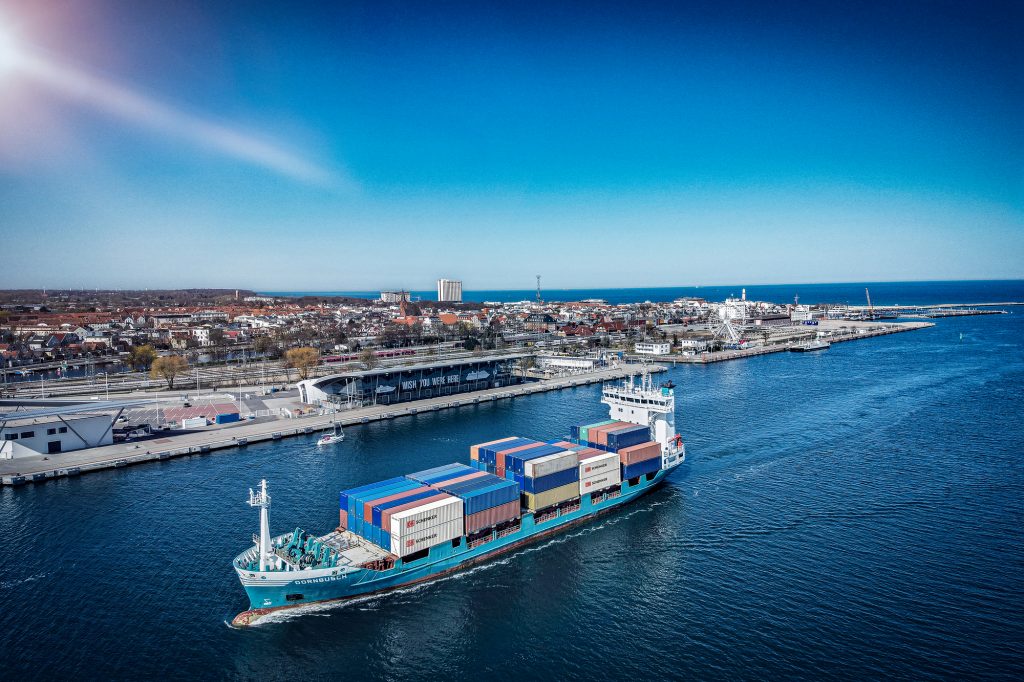
“I am excited to see this momentum and progress developing green shipping with long-term sustainable solutions. This analysis provides us with new perspectives on extending our low-carbon portfolio to our customers in Ocean Freight.”
DB Schenker focuses within the Getting to Zero Coalition on the optimization of the Asia-Europe container route. Now, this route generates more greenhouse gas emissions than any other single global trading route. But it offers the largest potential to reduce emissions of any single global trading route to meet the growing demand for decarbonization throughout the value chain from customers to freight forwarders and shipping lines. And the possibility of using e-fuels based on hydrogen electrolysis is under good development.
Published: November 2021


